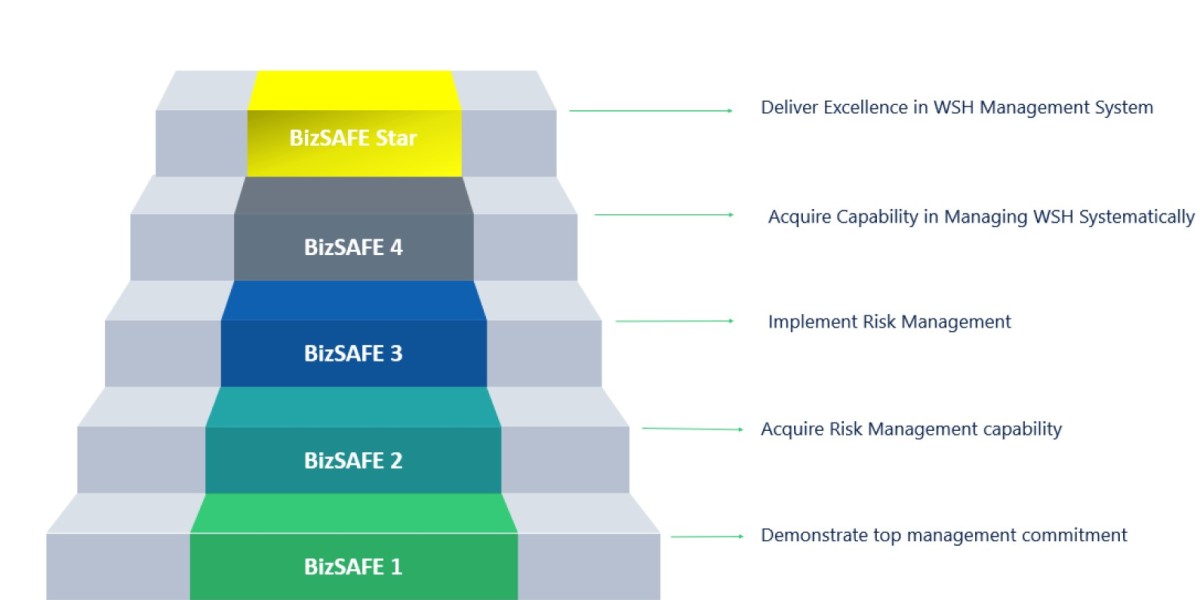Everyone has a story inside them. It could be about their childhood, dreams, challenges, or even an imaginary world. A creative writing course is the best place to learn how to share those stories. These courses help people find their voice and express their thoughts in a simple yet powerful way. Whether someone is a student, a working adult, or a senior, learning to write creatively can be life-changing. In such a course, learners explore short stories, poems, personal essays, and much more. The best part is, you don't need to be an expert in English to join. All you need is a passion for writing and a willingness to learn. With the right guidance, anyone can write something beautiful. Creative writing is not only for authors—it's for everyone who wants to share feelings, inspire others, or just enjoy putting thoughts on paper in a better way.
Why English Courses in Hong Kong Are Gaining Popularity
In recent years, english courses in hong kong have become very popular among students and professionals. Many people in the city want to improve their language skills to succeed in work, school, and daily life. English is an international language, and learning it helps people connect with others all around the world. These courses are designed for different levels—beginners, intermediate learners, and even advanced speakers. In Hong Kong, many language centers offer flexible schedules and fun learning environments. Students can learn grammar, vocabulary, speaking, listening, and writing. The best part is that classes are practical and easy to follow. Learning English also opens the door to better job opportunities and a brighter future. Even if someone finds English difficult, patient teachers and helpful classmates make the journey smoother. These courses are not just about learning a language—they're about building confidence and opening up new possibilities.
Creative Writing Builds Confidence in Everyday Life
Many people think that writing is only for poets or authors, but this is not true. Learning to write creatively can boost confidence in daily conversations, work, and even social situations. A creative writing course teaches students to express their thoughts clearly and confidently. Whether you're writing a letter, a report, or even a social media post, creative writing helps you communicate better. It improves your vocabulary, grammar, and thinking skills. You begin to notice words more, think deeper, and share more clearly. Creative writing also allows people to explore their feelings, understand themselves better, and even manage stress. It becomes a safe space where they can be free. Writing regularly sharpens the mind and brings joy. Over time, learners feel proud of what they write. They grow from shy writers to confident storytellers. These small steps lead to big personal growth.
Learning English in Hong Kong Is More Than Just Language
When people join english courses in hong kong, they discover more than just sentence structure or grammar rules. These courses often mix language learning with cultural experiences. Students learn about different ways of speaking, writing, and thinking. Teachers use games, real-life examples, and group discussions to make learning fun and interactive. Many schools also offer special classes for business English, travel communication, or even exam preparation. This variety helps students choose what suits them best. Children, teenagers, and adults all find value in these lessons. Learning in a group also helps improve social skills and builds friendships. Students support each other and grow together. Every lesson adds something useful to their daily life. With each passing class, they feel more prepared for the world. It's not just about learning English; it's about becoming stronger in all areas of life.
Conclusion
Taking the first step toward better writing or speaking can be scary, but it's also exciting. Whether you're someone who dreams of writing stories or someone who wants to speak English confidently in daily life, learning is the key. A good course helps you take that step with support, kindness, and skill. When you combine creativity with strong language skills, you open doors to a better future. If you're ready to start this journey, consider platforms like imlanguages.com, where learning is made simple and personal. Education is not only for the educated—it is for anyone with a heart to learn. Start today.







